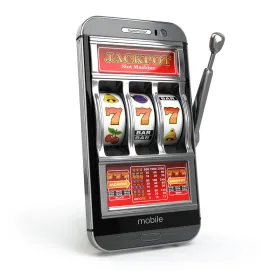A Federal Court in Washington state dismissed a Plaintiff’s class action claims that social casino games using purchasable virtual casino chips constitute gambling under Washington state law. The Court found that the virtual chips have no “value” and therefore the game did not constitute gambling because Plaintiff was not “staking or risking something of value.”
The Court disagreed with Plaintiff’s allegations that the virtual chips had value because they allow users to “extend gameplay” and can be sold in a secondary market. The Court noted that the games are free to play and there is never a possibility of receiving real cash or merchandise, and that extended gameplay cannot result in any gain to the user aside from the amusement that accompanies it. In so deciding, the court distinguished cases where extended play in the form of free games were actually redeemed for cash. Regarding the secondary market, the Court pointed to the Terms of Service, which stated that “the virtual chips have no cash value, and cannot be exchanged for cash or merchandise.” The Court noted that allowing users to sue the Defendant for damages based on their own breach of contract would be contrary to basic principles of law and equity.
This is another significant win for social game companies on a fundamental business practice – the ability to sell virtual goods for use in gamblification (i.e. the use of gambling mechanics for non-gambling purposes). In a recent blog, we discussed a Maryland Court decision dismissing a gambling class action against another social game company that used a casino-like mini-game in an empire building strategy game. In that case, one of the issues the Court focused on was that the game, as a whole, was a strategy game and that it would be improper to view the mini-game itself as the game for purposes of deciding whether the game was based on skill or chance.
In contrast, in this Washington state case, the games themselves were casino games. Yet, the court still found no gambling because the virtual chips have no value. This is another significant decision for companies using gamblification to monetize their games.
Mark Patrick also contributed to this article.



 />i
/>i

